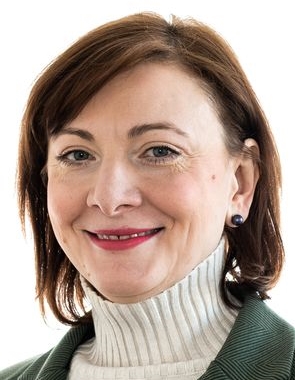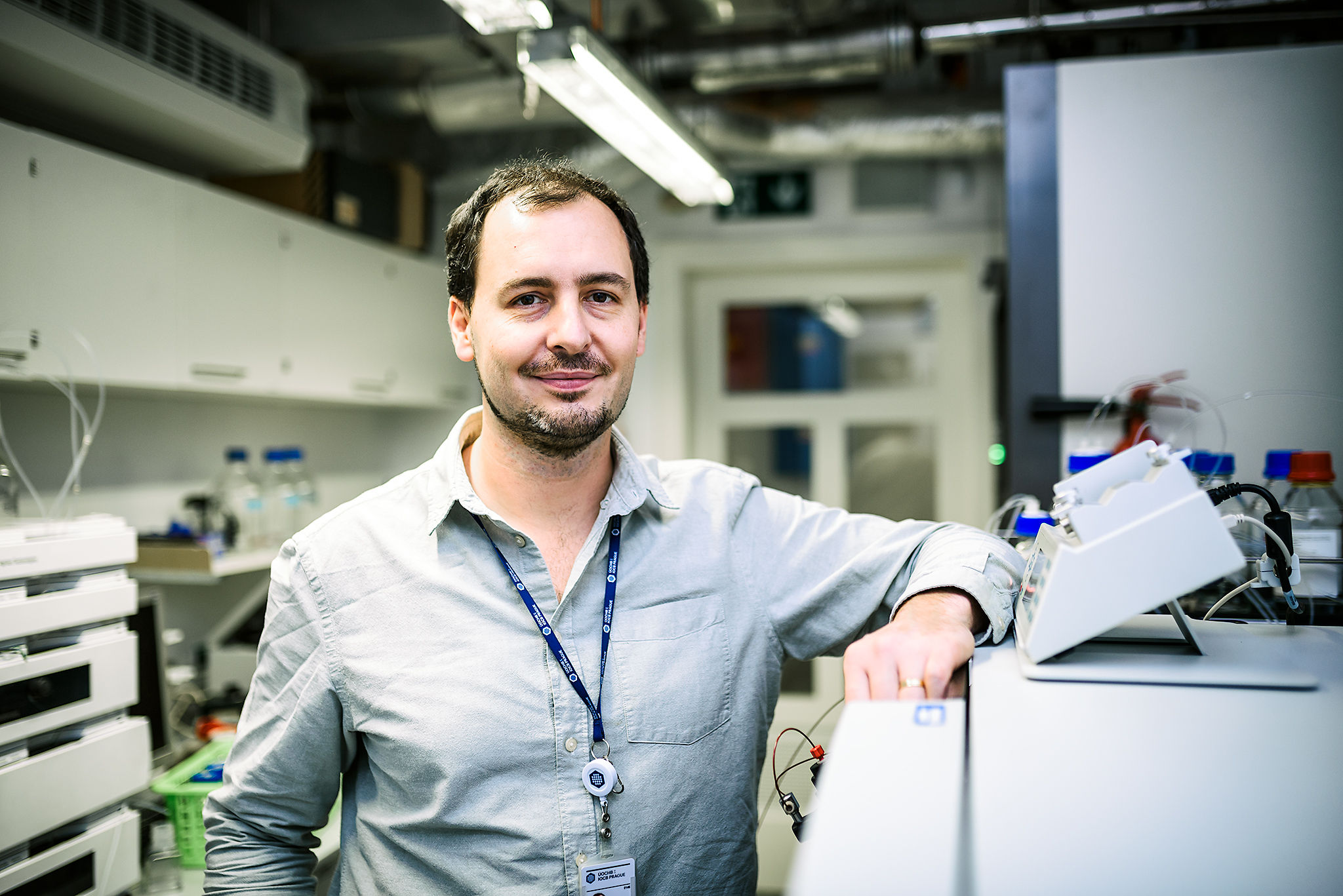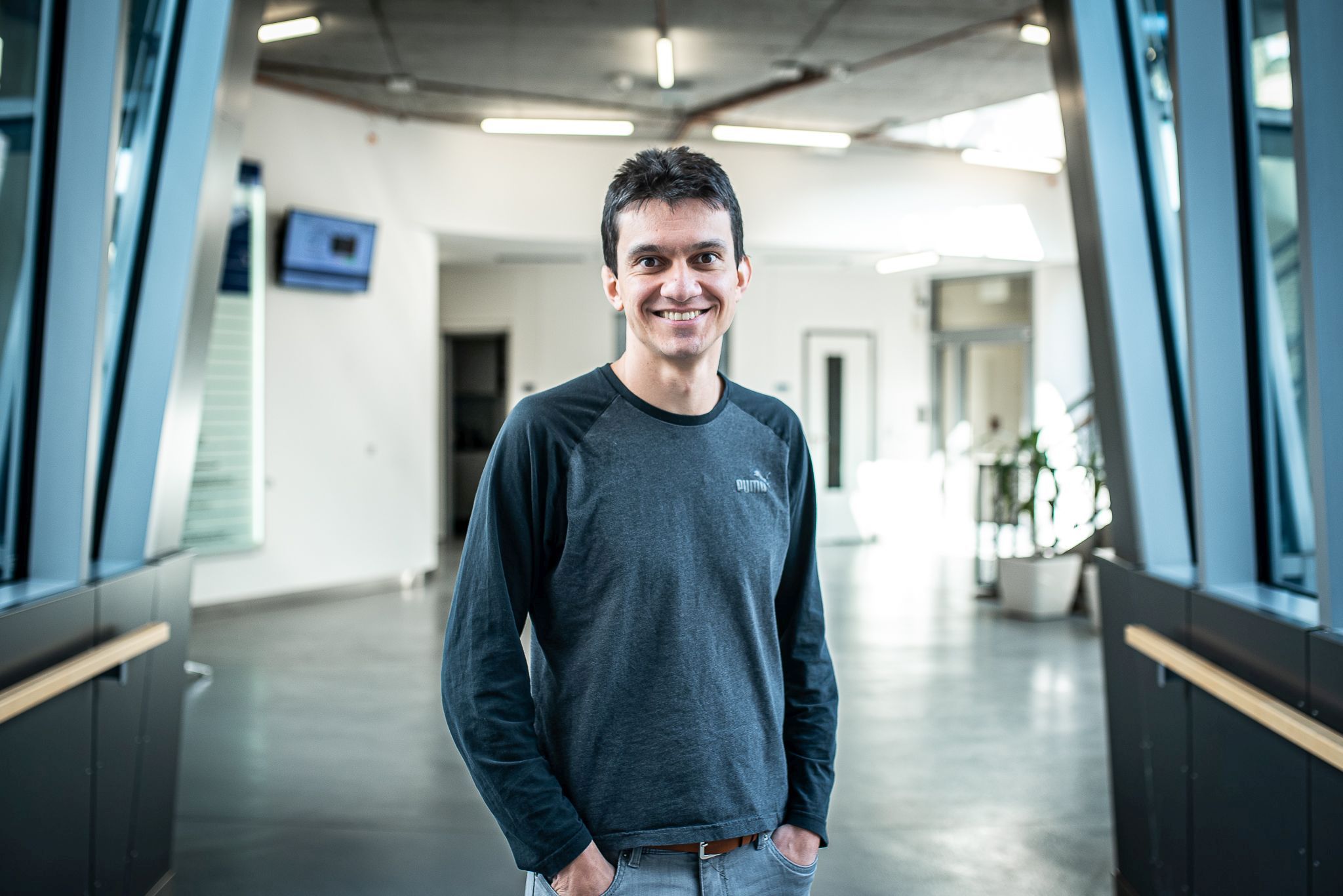
The Institute of Organic Chemistry and Biochemistry (IOCB Prague) of the Czech Academy of Sciences adds another great success to its portfolio. The European Research Council has awarded a prestigious ERC Advanced grant to the physical chemist and head of a research group at IOCB Prague, Prof. Pavel Jungwirth, pledging financial support in the amount of two and a half million euros. Up to now, only eight such grants have been awarded in Czechia, two of which have gone to IOCB Prague. The current score therefore ranks the IOCB Prague among the leading Czech institutions.
Modelling Ion-Controlled Processes
ERC grants are considered a proof of quality of research in Europe and around the world. In the Advanced category, only about two hundred scientists across the European Union and associated countries are awarded each year. This year there are exactly 218 of them. Four of them are from Czechia.
Therefore, the mere inclusion in this programme indicates strong appreciation of an individual researcher's work. This must be based on a novel idea or an innovative approach to a problem.
Prof. Pavel Jungwirth, who leads the Molecular Modeling research group at IOCB Prague, received the grant for the project ‘Q-SCALING: Modelling Ion-Controlled Biological Processes with the Correct Molecular Toolbox’.
As part of the Q-Scaling project, Pavel Jungwirth and his team want to create a computational tool which will allow researchers to model the action of ions in the biological environment, but without additional investment in computer technology. Thanks to this, researchers will be able to accurately describe and exploit the biological potential of ions, which is expected to find uses, for example, in the rational development of drugs or for their transport into cells.
One heartbeat every million years
For an idea, here is a specific example: The binding of calcium ions to the protein calmodulin is directly related to the synchronization of myocardial cell contraction during cardiac activity. Standard models of molecular dynamics overestimate the strength of this binding so much that such a virtual heart would only perform one heartbeat every million years. The methodology developed by Pavel Jungwirth currently predicts a heart rate where the heart beats once every six hours.
The goal, however, is to get as close as possible to the physiologically correct heart rate of sixty beats per minute. With the help of a new tool, it should be possible to accurately describe specific processes not only in simple, but also in complex biological forms. The systems described in this way thus include molecules and cells, as well as entire organs.

Pavel Jungwirth argues that it is not so much a breakthrough discovery, but rather an improvement of an existing methodology, which may pave the way to new scientific discoveries. He perceives the research for which he has been awarded the ERC Advanced grant as a service to the scientific community.
‘I figured I'd do for a change something that is perhaps not so much fun, but what might help everyone’, Pavel Jungwirth notes with a degree of exaggeration: ‘It's essentially a boring project, but a useful one. We are not making a discovery. We are making a tool for correctly describing biological processes involving ions.’
Molecular modelling describes molecular systems and gives an idea of the structure of the system under study. The main problem with this approach is the current lack of accuracy of describing intermolecular interactions. Improving the accuracy of describing ions in biological systems is the core of the newly funded project.
Today, machine learning can accelerate the whole process, and Pavel Jungwirth plans to make full use of the possibilities of artificial intelligence in his research. He explains, ‘What used to take twenty people twenty years to achieve, can now, with the help of AI, be done by a team of five in just five years.’ He would like to entice his former students around the world to become involved in the project. Researchers from different countries could continuously test the new tool and deliver much-needed feedback to Prague.
Grants for Europe's top scientists
Prof. Pavel Jungwirth has allocated €2.5 million for his five-year research project, the maximum amount of financial support granted by the European Research Council to ERC Advanced projects. The chance for a scientist to receive this support is not high – about 13 % on average. Under the Horizon Europe programme, a total of €16 billion is earmarked for ERC grants. Almost €550 million were distributed within the framework of Advanced grants this year.
ERC Advanced Grants are intended for internationally recognized experts that have established themselves in their field and have had a demonstrable impact on it. This means that support under the scheme is provided to applicants whose scientific activity in the last ten years l resulted in breakthroughs or significantly advanced human knowledge on a global scale. Twelve Nobel Prize winners, six Fields Medal winners, and eleven Wolf Prize winners have come from the ranks of successful ERC grant applicants.
On a side note, it is not only IOCB Prague, but also the entire Jungwirth family, that is celebrating this scientific success. The reason is that together with the physical chemist Prof. Pavel Jungwirth, this year an ERC Advanced grant has also been awarded to his brother, leading Czech physicist Prof. Tomáš Jungwirth.







